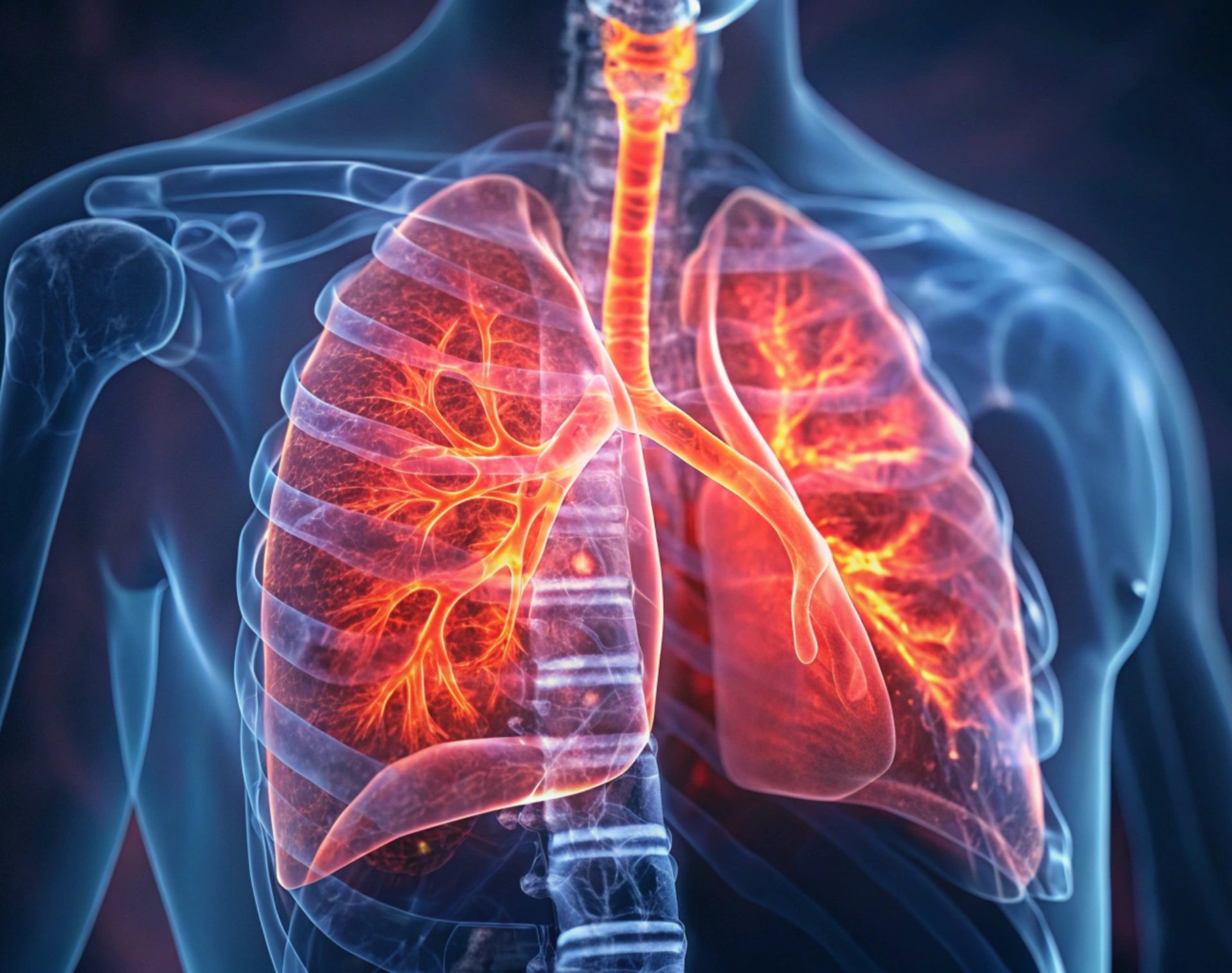
Dr Reza Abdullah
Specialist expertise: Respiratory Medicine, Cough, Breathlessness, Asthma, COPD, Lung Nodules, Lung Cancer, Pleural Effusions, Pneumothoraces, Bronchiectasis, Bronchoscopy, EBUS.
Lung cancer remains one of the leading causes of cancer-related deaths in the UK. Despite major advances in treatment, outcomes still depend heavily on how early in its progression the disease is detected.

Lung cancer remains one of the leading causes of cancer-related deaths in the UK. Despite major advances in treatment, outcomes still depend heavily on how early in its progression the disease is detected. The good news is that diagnostic technology has evolved rapidly, enabling clinicians to identify and stage lung cancer earlier, faster, and with less invasive methods than ever before.
This shift towards precision and efficiency gives patients the best opportunity to access the full range of cutting-edge treatments, including targeted therapies and immunotherapy.
You should book an appointment with a lung specialist if you experience any of the following symptoms:
Diagnosing lung cancer requires a thorough and carefully coordinated approach. Modern diagnostics combine advanced imaging techniques, functional assessments, and tissue sampling to build a complete picture of the disease.
Diagnostic investigations for lung cancer include:
CT and PET-CT scans – these play a central role in visualising lung structures and identifying suspicious lesions or areas of abnormal metabolic activity, allowing the clinician to identify a target for biopsy as well as complete staging to see how far the cancer may have spread
Low-dose CT lung cancer screening is increasingly used to detect early-stage nodules or pre-cancerous changes, which is particularly valuable for individuals at higher risk, such as long-term smokers
Full lung function testing – this comprehensive suite of tests helps assess how well your lungs are working to determine whether a patient is fit for potential surgical or non-surgical interventions
By taking this integrated approach, our Welbeck specialists make informed and personalised decisions about the safest and most effective diagnostic pathway for each patient.
When imaging suggests the possibility of lung cancer, timely action is critical – rapid diagnostics ensure that treatment can begin before the disease advances.
Obtaining a sufficient tissue sample via biopsy is essential. Not only to confirm the presence of cancer, but also to allow for molecular profiling, which identifies genetic mutations or biomarkers that guide targeted treatment options.
Accurate TNM staging (tumour, node, metastasis) is then performed, ideally through the least invasive means possible. This staging helps determine whether surgery, radiotherapy, systemic therapy, or a combination of these treatments is most appropriate.
At Welbeck, our multidisciplinary team of specialists uses the most advanced diagnostic technologies to achieve rapid, accurate, and minimally invasive results.
Depending on your individual case, diagnostic approaches may include:
Bronchoscopy and EBUS (endobronchial ultrasound): These procedures are highly effective in diagnosing lung cancer and assessing lymph node involvement. At Welbeck, they’re performed in our state-of-the-art Surgery Centre as day-case procedures, offering a safe and well-tolerated way to obtain samples and gather crucial staging information.
CT-guided lung biopsy: A precise, image-guided method to collect tissue from a lung nodule when needed for diagnosis.
Surgical lung biopsy: In selected cases, this approach provides a larger tissue sample, particularly if previous biopsies are inconclusive.
Pleural aspiration: This minimally invasive technique removes pleural fluid (fluid around the lungs) to test for the presence of cancer cells.
Circulating tumour DNA (ctDNA): A newer, non-invasive blood test that detects fragments of tumour DNA circulating in the bloodstream, offering insights into tumour genetics without the need for a traditional biopsy.
At Welbeck, our specialists determine the most appropriate biopsy or sampling technique based on imaging findings, the location of any lesions detected, and your individual health profile.
Choosing Welbeck for your lung cancer diagnostics means being cared for by a leading team of respiratory and thoracic specialists, supported by cutting-edge imaging and laboratory technology.
Our consultants collaborate closely across disciplines, including radiology, pathology, and surgery, to deliver seamless, fast-track diagnostic pathways. We prioritise patient comfort and safety, ensuring that every test is tailored to minimise risk while maximising diagnostic accuracy.
At Welbeck, patients benefit from earlier diagnosis, allowing for faster access to treatment, so you have the best possible start on your treatment journey.
While we do not currently offer lung cancer treatment at Welbeck, your diagnosing consultant will ensure you’re referred to the correct teams so that the next steps can be started as quickly as possible.
Dr Reza Abdullah is a consultant respiratory physician at OneWelbeck, with experience in the diagnosis and management of common respiratory conditions affecting patients, along with a specialist interest in pleural disease, lung nodules and cancer, as well as diagnostic procedures.